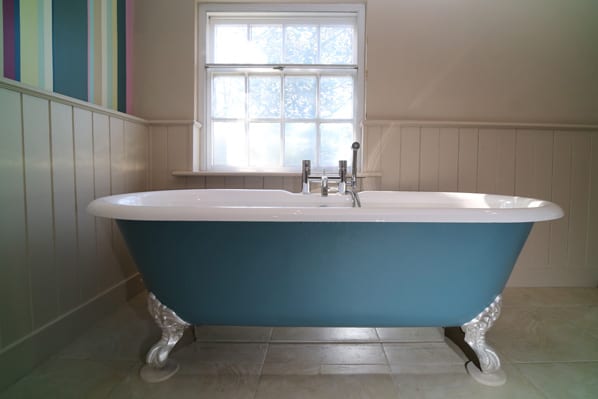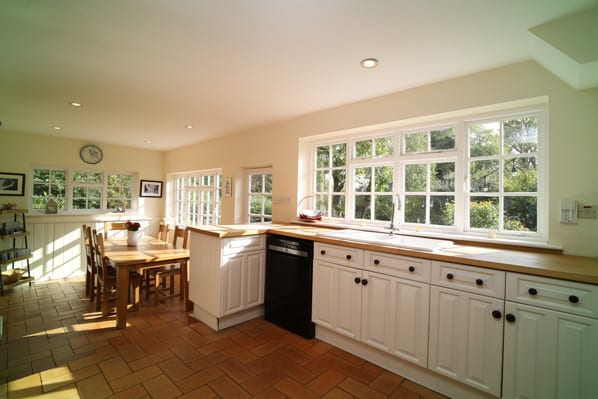The Tenant Fees Act will come into force on 1st June 2019. At the centre of the new law is a ban on all tenant fees, including agency and any third party fees.

The guidelines from the government will come soon, but here’s what we know so far about the Tenant Fees Act (2019).
What does the Act comprise of?
Here are the key parts of the Act:

All Payments Are Prohibited Except Rent, Utility Bills, Deposits (and 2 Exceptions)
Tenants will no longer be responsible for any costs except: the rent, the tenancy deposit and a holding deposit (more on these below).
This means it is no longer possible to ask tenants to cover the cost of their own referencing. Tenants will not be able to be charged for check-in, inventory or set up fees. These fees will be deemed prohibited by law
The only two exceptions are two forms of ‘default’ fee. These fees are chargeable during the tenancy in the following circumstances, provided the relevant clauses are written into the tenancy agreement.
a) Late Rent Fees
Fees will be charged for rent payments that are over 2 weeks late. The fees can be up to 3% over the prevailing Bank of England base interest rate. Because this is an annual interest rate, the amount will need to be calculated for the pro rata interest accrued on the outstanding rent.
For example:
The tenant is 30 days late for one £1,500 rent payment.
The base rate of interest is currently 0.75%, therefore the amount the tenant can be charged for is the outstanding rent plus a fee of 3.75% of outstanding rent, pro rata for the 30 days. (3.75% of £1,500 is £56.25.) 30 days is 30/365 of the yearly rate. Therefore, the pro rata amount is calculated by multiplying £56.25 by 30/365, which is £4.62.
Landlords will of course still be able to serve Section 8 notices for late payment of rent provided the rent is 2 months or more in arrears.
(b) Lost Keys
Tenants can be charged for losing their keys (or other security device) but the charge must be a reasonable amount for which evidence must be provided.
Both default fees will need to be included in the tenancy agreement to be able to charge them, and previous rules about fair clauses will still apply.
It has also been advised that landlords shall be able to charge up to £50 for a change of tenant, and with regards to an early surrender request by a tenant, a landlord shall be able to charge the tenant for the remaining unexpected void period.

Cap on Tenancy Deposits
The amount of security deposit that can be requested is being reduced to 5 weeks for AST’s (Assured Shorthold Tenancies) and licences where the rent per annum is up to £50,000, and up to 6 weeks for those tenancies over £50,000 in rent per annum.
This applies to all tenancies regardless of the reason a higher deposit was taken previously. (ie: if there was poor credit etc.)
The ability to request a higher deposit due to the applicant having a pet has also been removed, however, if landlords will consider a pet, when marketing the property, it can be advertised at 2 rental amounts (ie: £1,500 p.c.m. or £1,550 p.c.m. with 1 x pet)

Cap and New Rules on Holding Deposits
Holding deposits will be limited to one week’s rent.
The holding deposit can only be held for 15 calendar days unless another ‘deadline’ date is agree in writing subsequently by both parties.
After the deadline, the holding deposit must be repaid within 7 days.
The holding deposit must be returned to the tenant via a refund or by being put towards the first rental payment if agreed in writing.
There are some exceptions. In these cases the holding deposit shall be forfeited but a reason must be given in writing to the tenant within 7 days:
- The tenant withdraws
- The tenant doesn’t take all reasonable steps to enter the tenancy in the required time
- The tenant fails a right to rent check
- The tenant provides misleading information which materially affects their suitability to rent the property

What Are the Penalties to Landlords Who Charge Tenant Fees?
Any person, landlord (or agents) or any third parties who charge fees to Tenants could face paying huge fines.
The first offence would be a civil offence, with a fine of £5,000.
If the offence is repeated within five years, this would be deemed a criminal offence and levies a fine up to £30,000.
Local Trading Standards organisations will enforce the ban.











